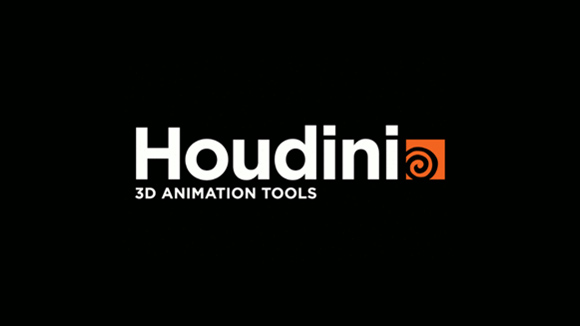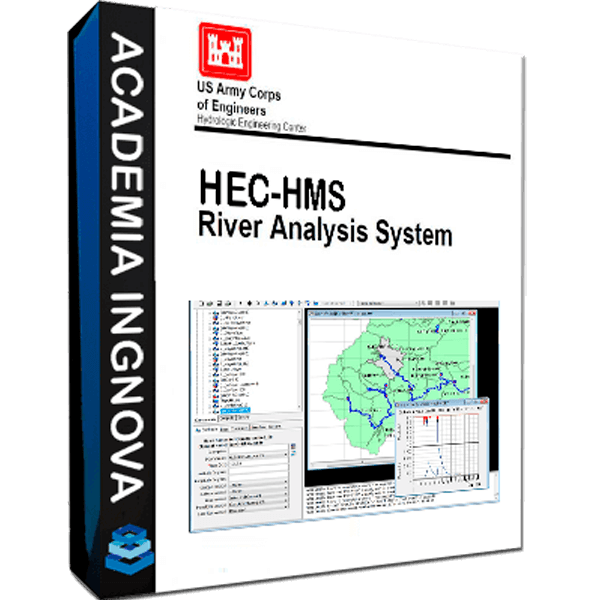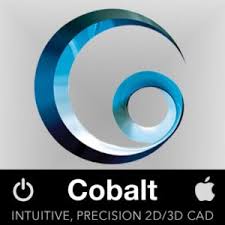FULLY PROCEDURAL
Houdini is built from the ground up to be a procedural system that empowers artists to work freely, create multiple iterations and rapidly share workflows with colleagues.
FLEXIBLE
Node-based Workflow
In Houdini, every action is stored in a node. These nodes are then “wired” into networks which define a “recipe” that can be tweaked to refine the outcome then repeated to create similar yet unique results. The ability for nodes to be saved and to pass information, in the form of attributes, down the chain is what gives Houdini its procedural nature.
INTUITIVE
Artist Friendly Tools
While the nodes are what makes Houdini unique and give it power, there are lots of viewport and shelf tools that allow for artist-friendly viewport interactions. Behind the scenes, Houdini builds up the nodes and networks for you. Houdini lets artists explore different creative paths because it is easy to branch off a new node to explore alternative solutions.
NEXT LEVEL
VFX & Simulation
Visual effects artists gravitate to Houdini because its procedural workflow is ideal for creating sophisticated particle and dynamic simulations. Effects are typically designed to react to actions taking place in a shot and a procedural solution “automates” these reactions providing studios with more creative control and more rapid turnaround.
DIRECTABLE
Shots & Multiple Iterations
Houdini lets you make creative decisions deep into production as changes made to Houdini nodes cascade through the network to create a new and unique result. This directability is retained throughout the creative process and can be used to make last minute decisions that would be too costly in a traditional CG pipeline.
POWERFUL
Pipeline in a Box
Whether you are setting up a shot or building a game level, Houdini lets you create tools that can be reused many times during a project’s life cycle. Instead of simply reacting to issues and problems, you will be able to plan ahead and visualize and refine your pipeline.
ROBUST
Asset Creation Tools
A big benefit of Houdini’s node-based approach is the ability to encapsulate node networks into custom nodes that are shareable. Create these digital assets without writing any code then share them with other Houdini artists.
With the Houdini Engine, open assets in other applications such as Autodesk Maya, Autodesk 3ds Max, C4D, UE4 and Unity with the asset’s procedural controls available for editing in the host app.
-
5 Stars
-
4 Stars
-
3 Stars
-
2 Stars
-
1 Stars
Average Star Rating: 0.0 out of 5
(0 vote)
If you finish the payment today, your order will arrive within the estimated delivery time.






Reviews
There are no reviews yet.